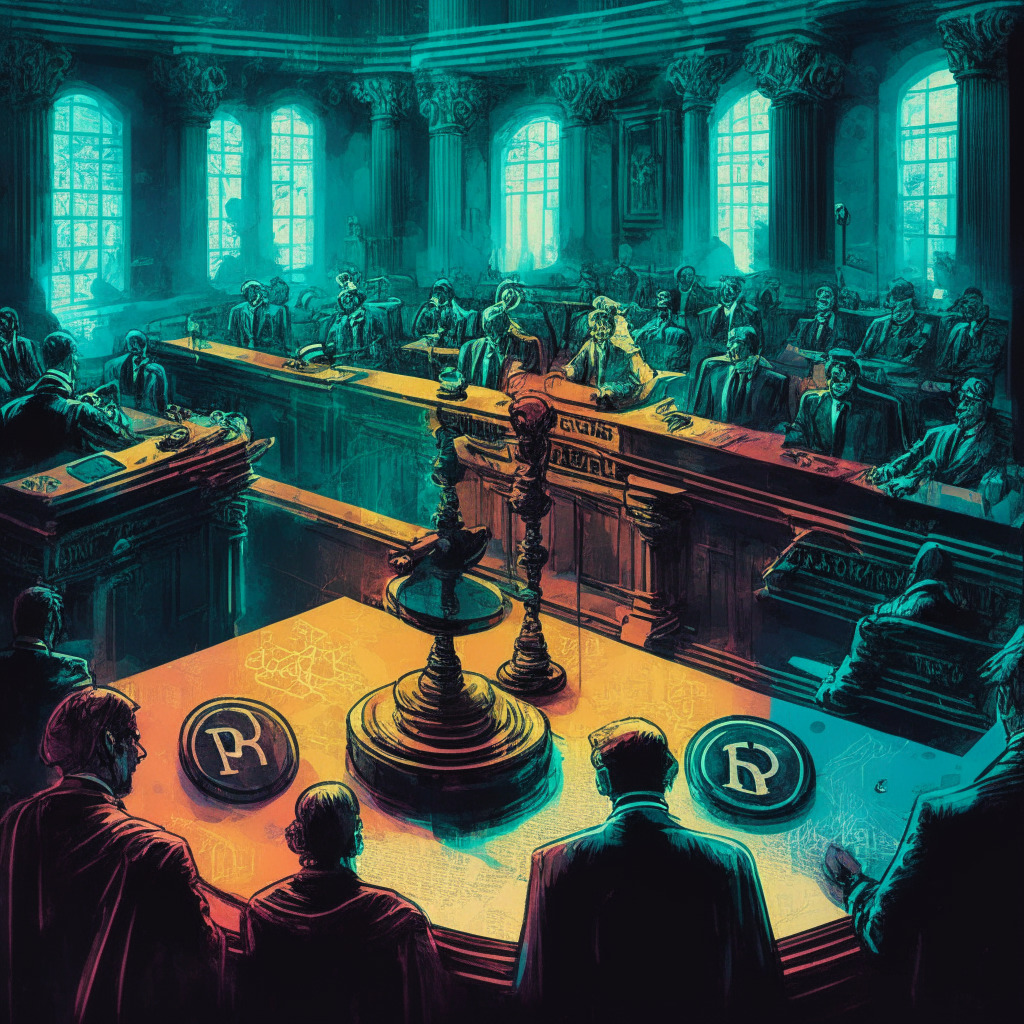The crypto industry’s recent awakening to the potential danger posed by the SEC’s legal theory at the heart of its long-running lawsuit against Ripple and the XRP token has caused concern among enthusiasts. Although initially indifferent to the developments, many observers now share a growing unease when Grayscale’s attempted SEC registration of its Filecoin Trust made headlines.
As the amicus counsel for over 75,000 XRP holders, I have spent more than two years warning those who would listen about the outrageous arguments being made by the SEC. At the core of the SEC’s argument in the Ripple case is the belief that the XRP token itself is a security.
The SEC alleges that the “very nature” of digital assets is to be a security and nothing else. This argument stretches the Supreme Court’s 1946 Howey decision beyond recognition, turning the Howey test on its head, transforming the assets themselves into securities.
Taking a step back and viewing the broader landscape, it is evident that the SEC’s war on crypto is escalating. With recent claims that Algorand constitutes an unregistered security and the Coinbase Wells notice, the SEC aims to get the entire crypto space under its regulatory thumb.
In light of the SEC’s treatment of secondary market sales of XRP in the Ripple case, the Grayscale Filecoin Trust registration attempt appears illogical. The SEC is unlikely to find a path for registering Filecoin as a security due to the practical utility of the asset on a decentralized file-sharing network.
Moreover, the agency will not help Grayscale register Filecoin Trust as an investment company if it separately sues the Filecoin Foundation. There is no real way to register an asset with utility or to register a line of digital code existing within the software.
Moving forward, it will be essential for the crypto community to keep a close eye on the SEC’s actions and arguments in court. In essence, the agency aims to control the crypto industry – no matter the cost, and without real interest in helping any company comply.
In summary, the SEC’s increasingly illogical approach towards cryptocurrencies and their regulations may hinder innovation within the industry. The agency’s determination to get the entire crypto space under its regulatory control is potentially damaging, and it indeed raises questions about its motives in recent legal disputes. Stakeholders involved in the crypto world must stay vigilant and well-informed to safeguard their assets and avoid unnecessary pitfalls.
Source: Blockworks




